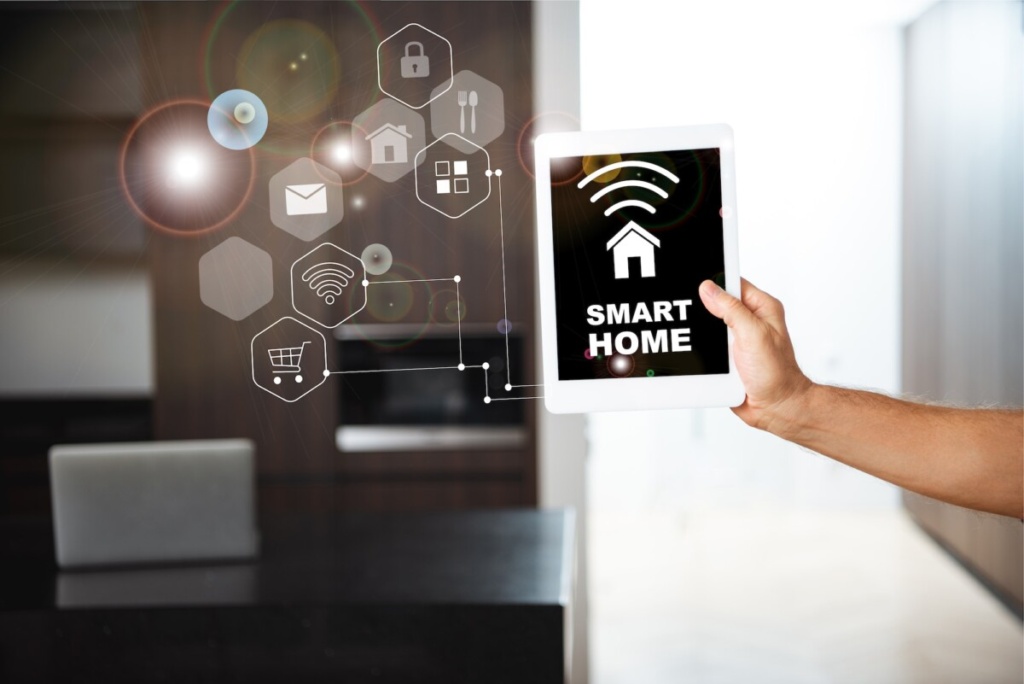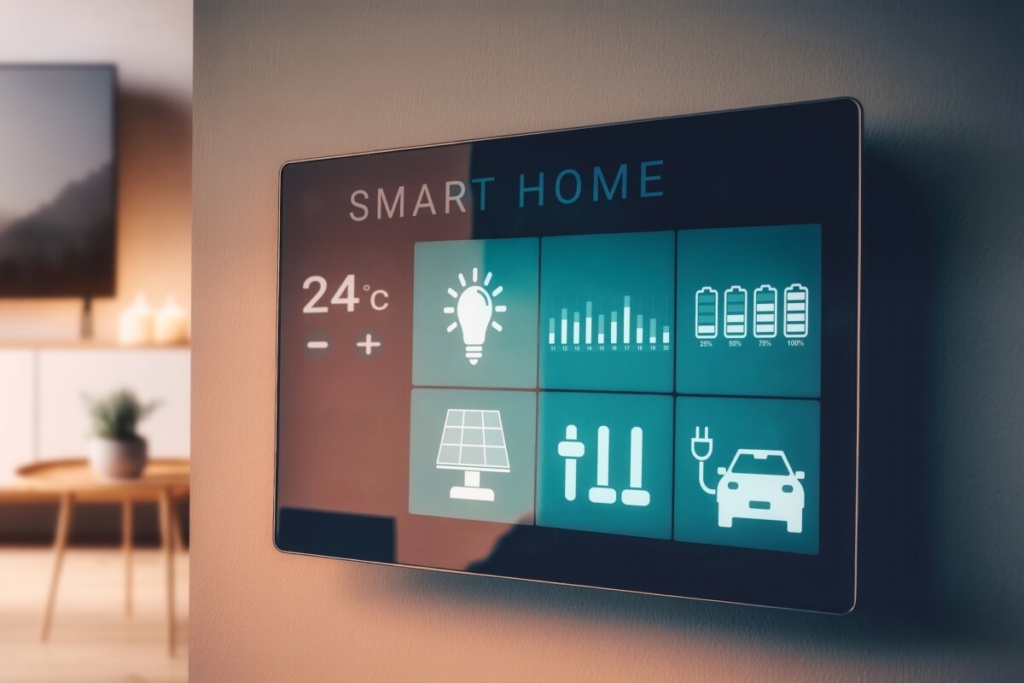Smart Cities and Real Estate: Embracing Future Urban Living
The concept of smart cities is reshaping the way we live, work, and interact with our urban environments. As urban populations continue to grow, the need for sustainable, efficient, and technologically advanced cities becomes paramount. Smart cities leverage cutting-edge technologies to enhance the quality of life for residents, promote environmental sustainability, and optimize resource utilization. In this blog post, we will explore the intersection of smart cities and real estate, how this technological revolution is impacting the real estate industry, and the opportunities it presents for embracing future urban living.

The Evolution of Smart Cities
Smart cities are the result of integrating digital technologies, the Internet of Things (IoT), and data-driven solutions to address urban challenges and improve city operations. These technologies enable cities to gather and analyze vast amounts of data in real-time, leading to more informed decision-making and better service delivery. Some key components of smart cities include:
1. IoT Sensors: Smart cities are equipped with IoT sensors that collect data on various aspects, such as air quality, traffic flow, waste management, and energy consumption.
2. Data Analytics: Advanced data analytics platforms process the collected data, providing insights for optimizing urban services, infrastructure, and resource allocation.
3. Connectivity: High-speed internet connectivity is essential for connecting various devices, services, and residents in the smart city ecosystem.
4. Sustainable Energy: Smart cities emphasize the use of renewable energy sources and energy-efficient technologies to reduce carbon footprints and promote environmental sustainability.
Impact of Smart Cities on Real Estate
1. Technologically Integrated Buildings: Smart cities require real estate developers to construct technologically integrated buildings with IoT sensors, smart lighting, and energy-efficient systems.
2. Increased Demand for Smart Homes: As cities become smarter, there is a growing demand for smart homes equipped with automation, energy management systems, and connectivity features.
3. Revamped Infrastructure: Smart city initiatives often lead to infrastructure upgrades, such as smart transportation systems and enhanced public spaces, influencing real estate development patterns.
4. Urban Renewal Projects: To align with smart city goals, urban renewal projects are undertaken, transforming neighborhoods and creating new real estate investment opportunities.
5. Sustainable Building Practices: Real estate developers adopt sustainable building practices to meet the green building standards set by smart cities, attracting environmentally conscious buyers and tenants.

Opportunities for Embracing Future Urban Living
1. Real Estate Innovation: Embrace real estate innovation by incorporating smart technologies into property development. This includes smart home features, energy-efficient designs, and data-driven decision-making in construction.
2. Mixed-Use Developments: Develop mixed-use properties that combine residential, commercial, and recreational spaces within a smart city ecosystem, catering to the diverse needs of urban dwellers.
3. Focus on Connectivity: Consider the importance of connectivity and high-speed internet access when choosing real estate locations, as it enhances the quality of life and attracts tech-savvy residents.
4. Sustainable and Green Practices: Embrace sustainability and green building practices to align with the goals of smart cities. Implement energy-efficient systems and utilize renewable energy sources.
5. Collaboration with Local Authorities: Collaborate with local authorities and smart city planners to understand the city’s future development plans and align real estate projects accordingly.
Conclusion
Smart cities are redefining urban living by leveraging technology and data to create efficient, sustainable, and connected urban environments. As smart cities continue to evolve, the real estate industry plays a pivotal role in embracing this technological revolution. From constructing technologically integrated buildings to promoting sustainable and green practices, real estate developers and investors have significant opportunities to shape the future of urban living. Embracing the concepts of smart cities and incorporating smart technologies into real estate projects will not only meet the demands of future urban dwellers but also contribute to building resilient, livable, and forward-thinking cities. As we move towards a more interconnected and intelligent urban landscape, the integration of smart cities and real estate is set to transform the way we live and experience urban life.






[…] Smart Cities and Real Estate: Embracing Future Urban LivingThe concept of smart cities is reshaping the way we live, work, and interact with our urban environments. As urban populations continue to grow, the need for sustainable, efficient, and technologically advanced cities becomes paramount. […]